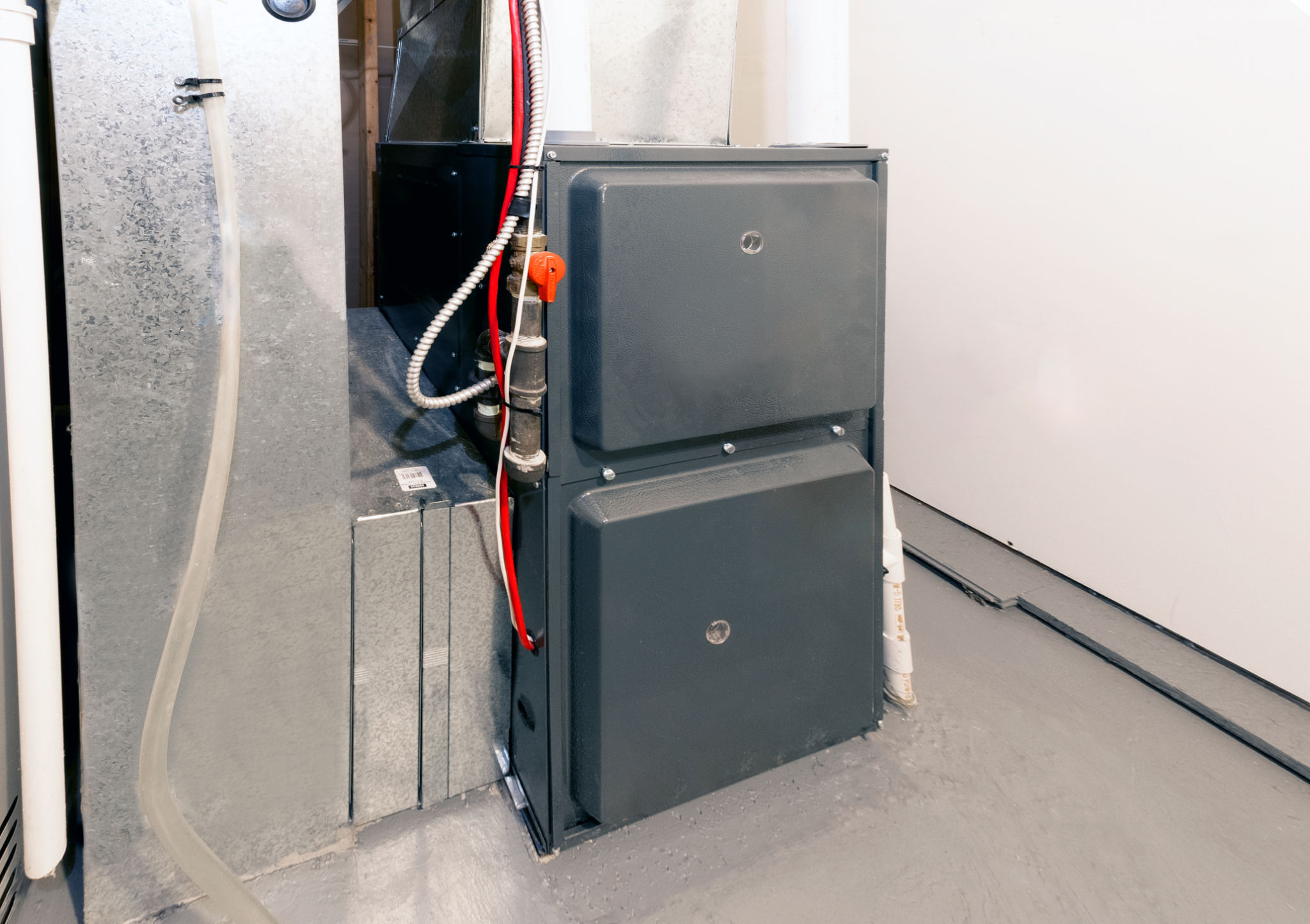The Pros and Cons of Different Heating Systems: Which Is Best for Your Home?
Understanding Different Heating Systems
Choosing the right heating system for your home is crucial for comfort and energy efficiency. With a variety of options available, it's essential to weigh the pros and cons of each to determine which is best suited for your needs. In this post, we'll explore the most common heating systems and their benefits and drawbacks.
Furnaces
Furnaces are one of the most popular heating systems in the United States. They work by blowing heated air through ducts to deliver warm air to rooms throughout the house. There are different types of furnaces, including gas, electric, and oil.
- Pros: Furnaces are generally efficient and provide rapid heating. Gas furnaces, in particular, are cost-effective due to lower fuel costs.
- Cons: Installation can be expensive, and they require regular maintenance to ensure efficiency and safety.

Boilers
Boilers heat water and distribute the steam or hot water through pipes to radiators or radiant floor systems. They are commonly used in colder climates.
- Pros: Boilers offer even heating without the noise of air ducts. They can also be more energy-efficient than furnaces.
- Cons: The initial installation cost is high, and they may not be suitable for quick temperature adjustments.
Heat Pumps
Heat pumps are versatile systems that can provide both heating and cooling. They work by transferring heat from the outside air or ground into your home.
- Pros: Heat pumps are highly efficient, especially in moderate climates. They reduce energy consumption and can lower utility bills.
- Cons: Their efficiency decreases in extremely cold temperatures, which may necessitate a supplemental heating source.

Radiant Heating
Radiant heating involves installing electric heating cables or water-heated tubing beneath floors. This system provides direct heat to objects and people in a room.
- Pros: Radiant heating offers consistent warmth and is silent. It can be energy-efficient if used correctly.
- Cons: Installation can be costly, particularly in existing homes, and system repairs can be invasive.
Factors to Consider When Choosing a Heating System
When deciding on a heating system, it's important to consider several factors beyond just cost and efficiency. Think about your local climate, the size of your home, and any existing ductwork or infrastructure.

The Importance of Energy Efficiency
Opting for an energy-efficient system can significantly reduce your carbon footprint and lower utility bills. Look for systems with high efficiency ratings and consider potential incentives or rebates for upgrading to an eco-friendly option.
Comparing Initial Costs vs. Long-term Savings
The initial cost of installation is a key consideration, but it's equally important to evaluate the long-term savings that a more efficient system might offer. Over time, an upfront investment in a high-efficiency system could pay off in energy savings.
Ultimately, the best heating system for your home depends on your specific needs and circumstances. By carefully weighing the pros and cons of each type, you can make an informed decision that ensures comfort and efficiency for years to come.
